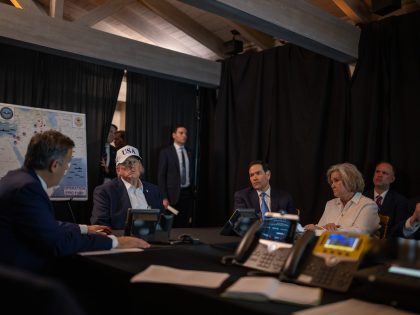'Developing the First World'

You couldn’t miss this trailer in front of The New School’s West 12th Street building in the West Village last week:
The Ghana ThinkTank Mobile Unit is a custom-built teardrop trailer designed to journey into the so-called “First World,” where it collects issues of concern from various local communities. The collected problems get sent to think tanks in Ghana, Cuba, El Salvador, Mexico, Serbia, Iran, Afghanistan and/or other countries, where strategies are developed. The trailer then rolls back into the previously visited communities, this time as a workstation, cooperating with community members to apply the strategies received from this global network of think tanks—whether they seem impractical or brilliant—for effected communities. Ghana ThinkTank thus reverses the customary flow of knowhow from “developed” to “developing” countries in playful and provocative ways.
Photo Credit: Amanda Ghanooni


















